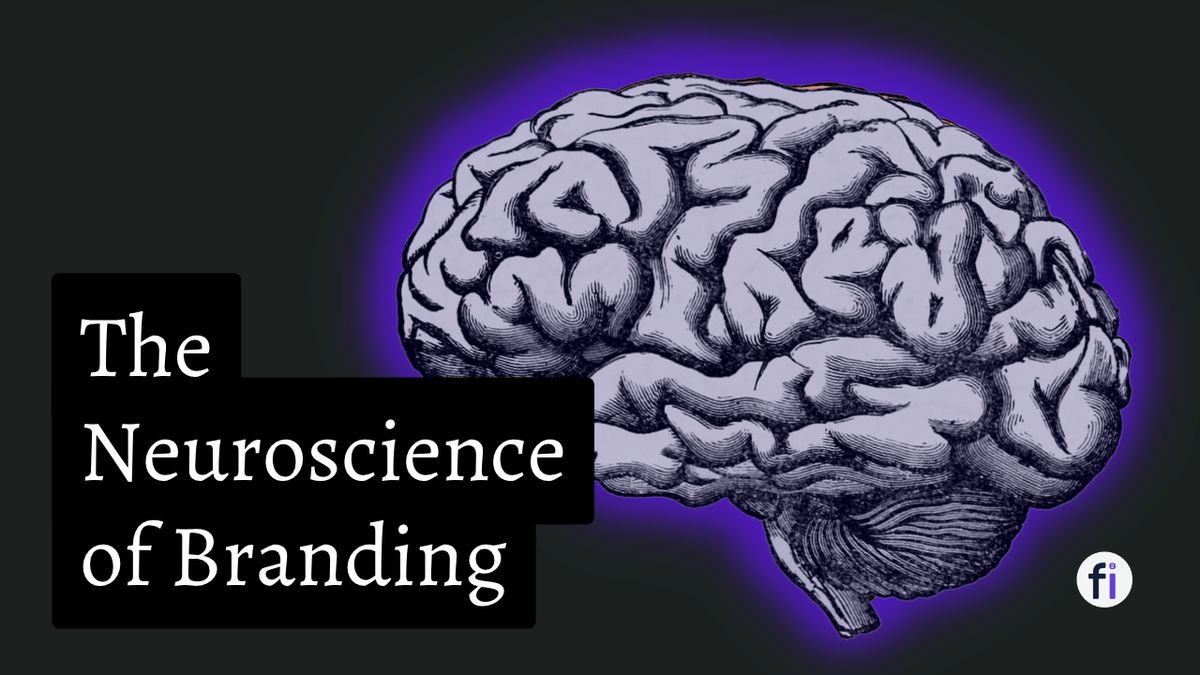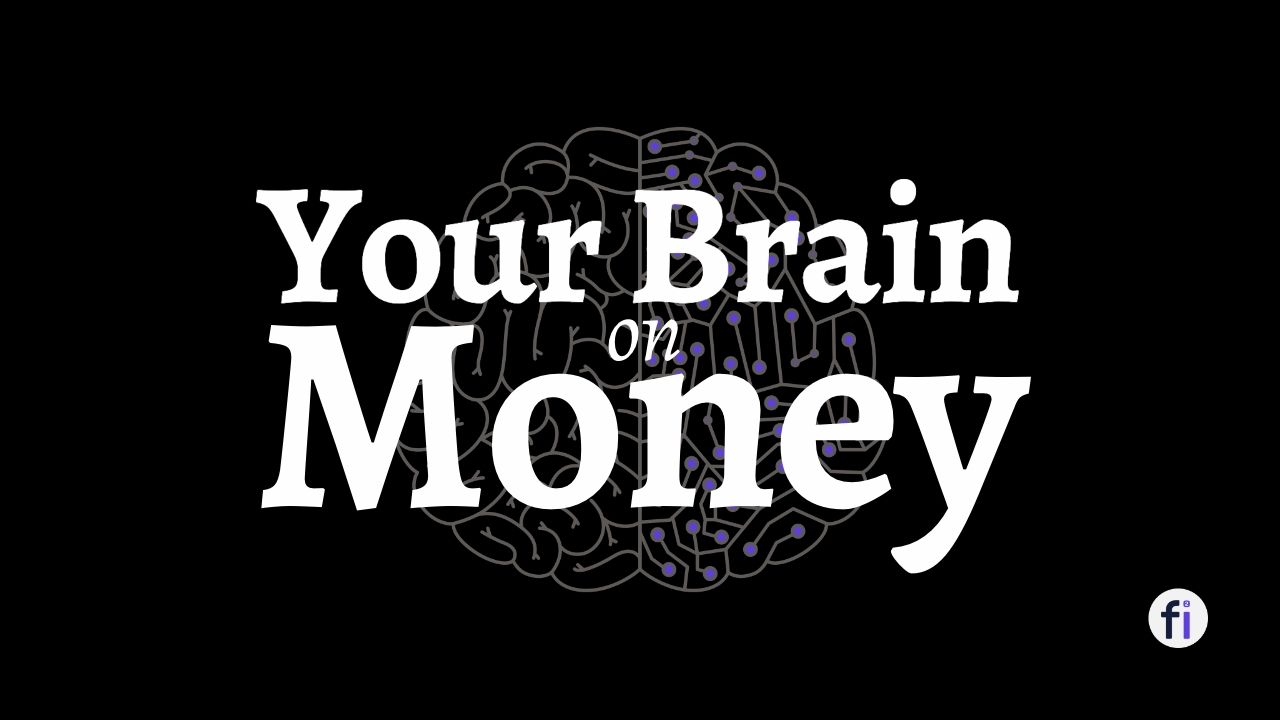How Apple and Nike have Branded your Brain ??
How is this possible, that a rational consumer would be willing to pay more for the same thing?

Coke is just ? soda, Tylenol is just ? acetaminophen and Levi's are just ? jeans. Coke, Tylenol, and Levi's are all just simple items, but people go out of their way to choose these specific brands over others.
An economist would say, "How is this possible, that a rational consumer would be willing to pay more for exactly the same thing?" We love to think about ourselves as rational.
Brands: The Power of Identity and Influence
🤳 That's not how it works. However, the power of brands can influence our behavior beyond the point of sale.
A study by Duke University showed the subliminal power of branding. Participants were shown either the IBM or Apple logo and then performed creative tasks. Those who had been exposed to the Apple logo performed better. Apple's branding repeatedly portrays itself as being for hip, cool, fun, and creative people, which encourages consumers to identify with the brand.
? This is the power of brands and how they can affect our behavior in ways that extend beyond the point of sale.

When we choose different brands, we are also choosing to create an identity. Our choices of ? clothes, ? shoes, and ? hats can form impressions of who we are. As explained by Americus Reed, who studies identity and marketing at the University of Pennsylvania. Consumers make a choice of what brand to wear or use, and this choice creates an impression of who they are.
For example, choosing Nike over Under Armour represents a different way to express affiliation with sport. Once a consumer makes a choice, their relationship with the brand can deepen to the point where they identify with that brand-like family, and it can shape the way they behave. Therefore, consumers select brands that they can identify with, such as Nike or Under Armour.
Once consumers have identified with a brand, they form a relationship with it, similar to family, that can shape their behavior. Furthermore, they will defend the brand against negative comments because an attack on the brand is an attack on themselves. The perception of a brand can also influence decision-making.
Michael Platt, a professor of neuroscience, marketing, and psychology, conducted a study that observed the brains of iPhone and Samsung Galaxy users. The MRI results showed that iPhone users had a brain empathy response towards Apple, which was comparable to the response of someone in their family. In contrast, Samsung users didn't show a positive or negative response towards their brand. They only showed a reverse empathy response to Apple. Samsung users, only bought Samsung because they hate Apple.
Most people don't realize that they are subconsciously choosing brands because those brands have some kind of self-expressive value. Brands play a significant role in shaping our identity and affiliations. The power of brands can shape consumers' decisions, and we have to think much more deeply about the ethical, legal, and societal implications of doing that.
It's important to understand the influence of brands and be aware of them when making informed choices. As humans, we have a fundamental need for support systems, and brands have stepped in as modern institutions.
We should pause and think about why we are buying a particular product. Brands are not going anywhere.
However, it's also important to acknowledge that brands can tap into our emotions and sense of identity in powerful ways. They can make us feel a sense of belonging, inspire us to be creative, and even influence our behavior.
As consumers, it's up to us to be aware of these influences and make informed choices. This means taking a moment to pause and reflect on why we are drawn to certain brands and whether our choices align with our values and goals.
In a world where brands are everywhere and constantly vying for our attention and loyalty, it's more important than ever to be intentional and thoughtful about the choices we make. By doing so, we can ensure that we are truly in control of our purchasing decisions and not just being swayed by the power of branding.
Thanks for reading. Good Luck with your next purchase.
Credit: Big Think
